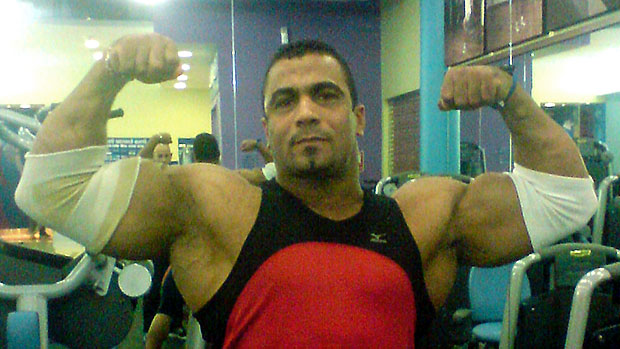Testosterone plays a role in muscle size and strength, libido, energy, and keeping body fat low. You knew that, but high testosterone is also important to just plain staying alive. Contrary to what late-night TV lawyer commercials spout about high testosterone killing people, it's low testosterone that's the real concern.
Low testosterone levels correlate strongly with:
- Higher risk of cardiovascular disease
- Narrowing of carotid arteries
- Abnormal EKG
- More frequent congestive heart failure
- Increased incidence of angina
- Increased body mass index
- Type II diabetes
- Metabolic syndrome
- Insulin resistance
- Higher death rate from all causes, including cardiac mortality
Maybe you did a double take at the last item in the list. You should've. One study involving 858 male service veterans found that low testosterone individuals had an 88 percent greater chance of dying, for any reason, even after variables like age, other illnesses, and body mass index were accounted for.
Don't All Lifters and Athletes Have High T?
Are you immune to low testosterone because you're a big-time weight lifter? Nope. Male athletes often have lower testosterone than untrained men. One study found that weight lifters (along with rowers, cyclists, and swimmers) had testosterone levels that were 60-85 percent of untrained men.
Some of the researchers attributed that disparity in alterations of hepatic (liver) and extrahepatic (muscles, skin) metabolism of testosterone that can't be compensated for by the athletes' gonads, but I suspect it might have to do with some yet-unexplained exercise-related increase in steroid hormone binding globulin (SHBG), which makes less testosterone available to tissues. Low testosterone levels seem to be epidemic among lifters. True, testosterone levels usually go up after an intense workout, but the rise is short-lived and levels often drop to below baseline soon after.
So keep testosterone high. Use herbal testosterone boosters (we like Alpha Male®), and if your levels are seriously deficient, consider physician-monitored testosterone replacement therapy.





